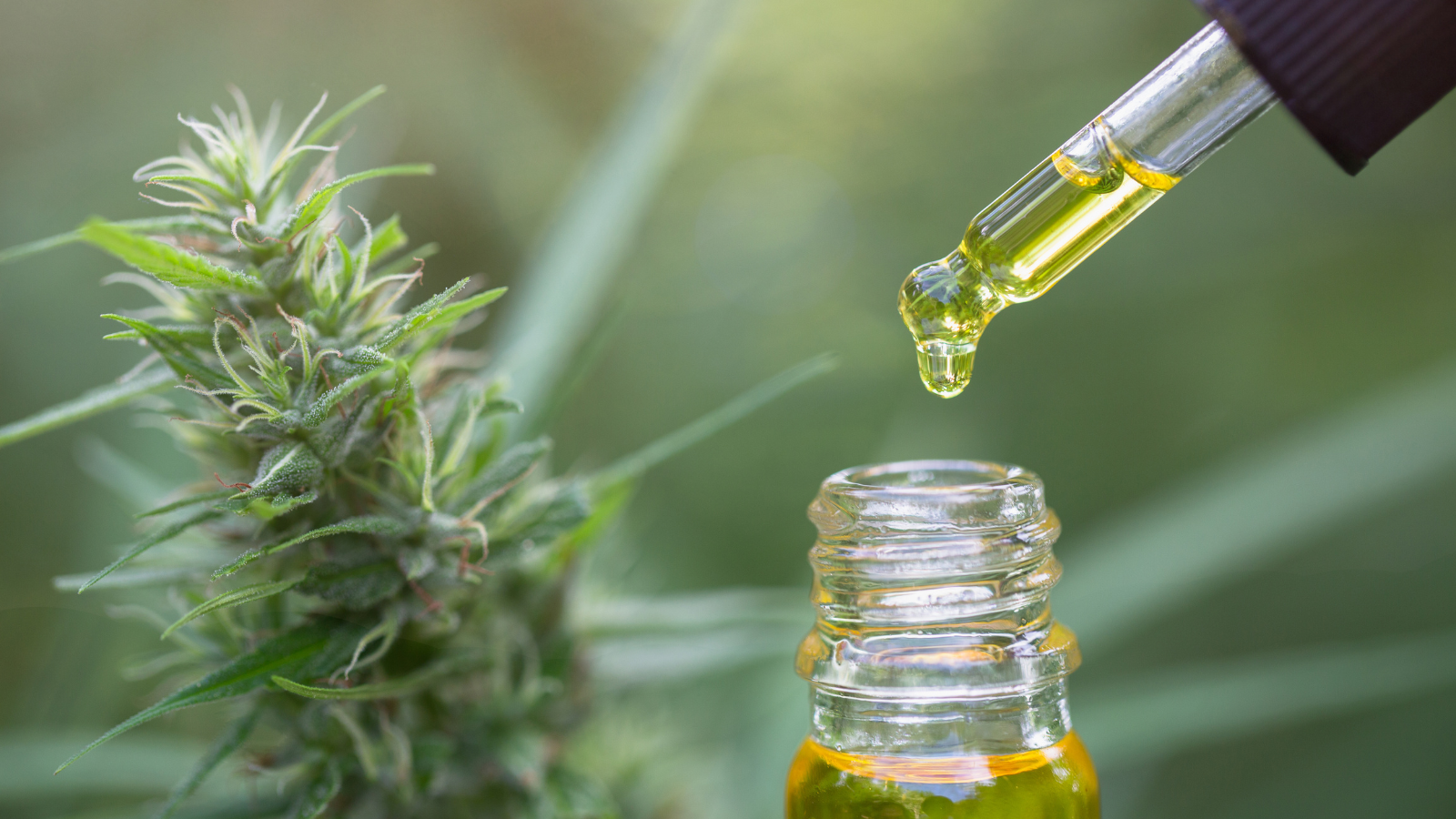
December 08 2023

The United Kingdom's burgeoning cannabidiol (CBD) industry, valued at £690 million in 2021 and projected to soar to £1 billion by 2025, paints a picture of robust growth. However, a prevailing misconception persists regarding the legality of cannabis or related products containing less than 0.2% THC (tetrahydrocannabinol) in the UK. Despite this threshold, the Misuse of Drugs Act 1971 does not explicitly address THC levels. Consequently, even THC-free herbal cannabis falls within the Act's purview.
Numerous online stores trading in 'low-THC cannabis', or ‘CBD cannabis’ mistakenly operate under the assumption of compliance with UK laws. This misconception has led to shutdowns, prosecutions with convictions and protracted legal battles for their proprietors.
Court of Appeal
Recent rulings from the Court of Appeal exemplify the complexity of this landscape. In the case of R v Margiotta & Ors [EWCA Crim 759 2023], Eleanor Margiotta, Alexandria Margiotta and Dean Taylor were proprietors of 'Uncle Herb,' an online CBD cannabis shop. They faced charges after their cannabis, which had been lawfully grown outside of the UK (in Italy, from where it was imported) and contained less than 0.2% THC, was seized by customs in 2019. Their defence rested on EU provisions, arguing that the THC content fell within permissible limits as dictated by EU regulations. Importantly, this legal battle occurred prior to 31st December 2020, a crucial date marking the cessation of certain EU legal influences in the UK.
The defendants' success pivoted on their EU law-based argument, contending that the Misuse of Drugs Act's blanket restrictions on hemp, irrespective of THC content, clashed with EU regulations on the free movement of goods, thereby legitimising their import and sale of the product.
The Court's commentary underscored procedural issues and the evolving legal landscape post-Brexit, where certain EU provisions ceased to have a direct effect in UK domestic law. While the appeal rejection brought relief to the defendants, its broader implications remain when considering the post-Brexit alterations in domestic criminal law.
The Court of Appeal acknowledged the relevance of Article 34 of the Treaty on the Functioning of the European Union (TFEU) to the case, while also considering Article 36, which allows states to justify restrictions on grounds of public health. However, it found the prosecution's arguments lacking in justifying such prohibitions.
Future of low-THC cannabis in the UK
In a post-Brexit context, the legal scenario has undergone transformations. The judgement's impact has been tempered by regulatory changes, rendering Article 34 inapplicable in the UK. As a result, its immediate influence on the legality of current low-THC cannabis sales has been diminished.
This judgement, though influential, does not legalise low-THC cannabis pre-Brexit in the UK. Prosecutorial discretion becomes pivotal when considering the case circumstances and public interest. The ruling's contention that these substances are not narcotic drugs might provide an argument against prosecutions or alternative measures such as informal warnings or guidance for traders, but this is not a certainty.
Looking ahead, this judgement advocates for a reconsideration of laws concerning low-THC cannabis aligning with principles of evidence-based legislation. It underscores compelling reasons to review regulations given the non-narcotic status of such substances and the industry's legitimate standing pre-Brexit.
Author
Richard Brown
BSc(Hons)